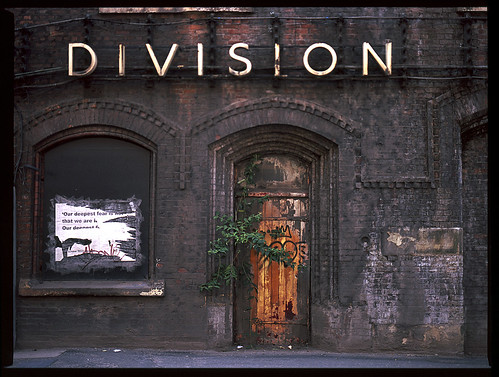Reflecting on a friend who recently passed away, I can say that he lead a great life and that to the very end. He was held in high regard by so many.
The secret to this, from my observations, is that he was always willing to help. This created relationships, and those relationships connected people in much the same way. The more you helped, the stronger the relationships were, the more weight they could sustain – like tree branches.
Religions and philosophies and all they overlap all are based on much the same thing, on creating patterns within society. Don’t go around killing people is probably the most common and popular one, which has gotten us to a pretty large population on an increasingly small world. Some might call it morals or ethics, integrity or character, but in a world where everyone seems to want to be more moral, ethical, integrous… it becomes a mockery of itself at times because people pretend rather than be.
It’s rare to find authentic people who follow these patterns without pretending. Politicians pretend all time, so much so that we expect politicians to be liars and it does not seem to be something that disappoints us too much because we keep doing it.
Our friends, though, our true friends, show a higher standard or should.
These habits, these simple things, allow us to be predictable, to allow us to fit into a world in such a way that even in our absence we are not lost because those patterns have been woven into the very fabric of the little worlds we create.


